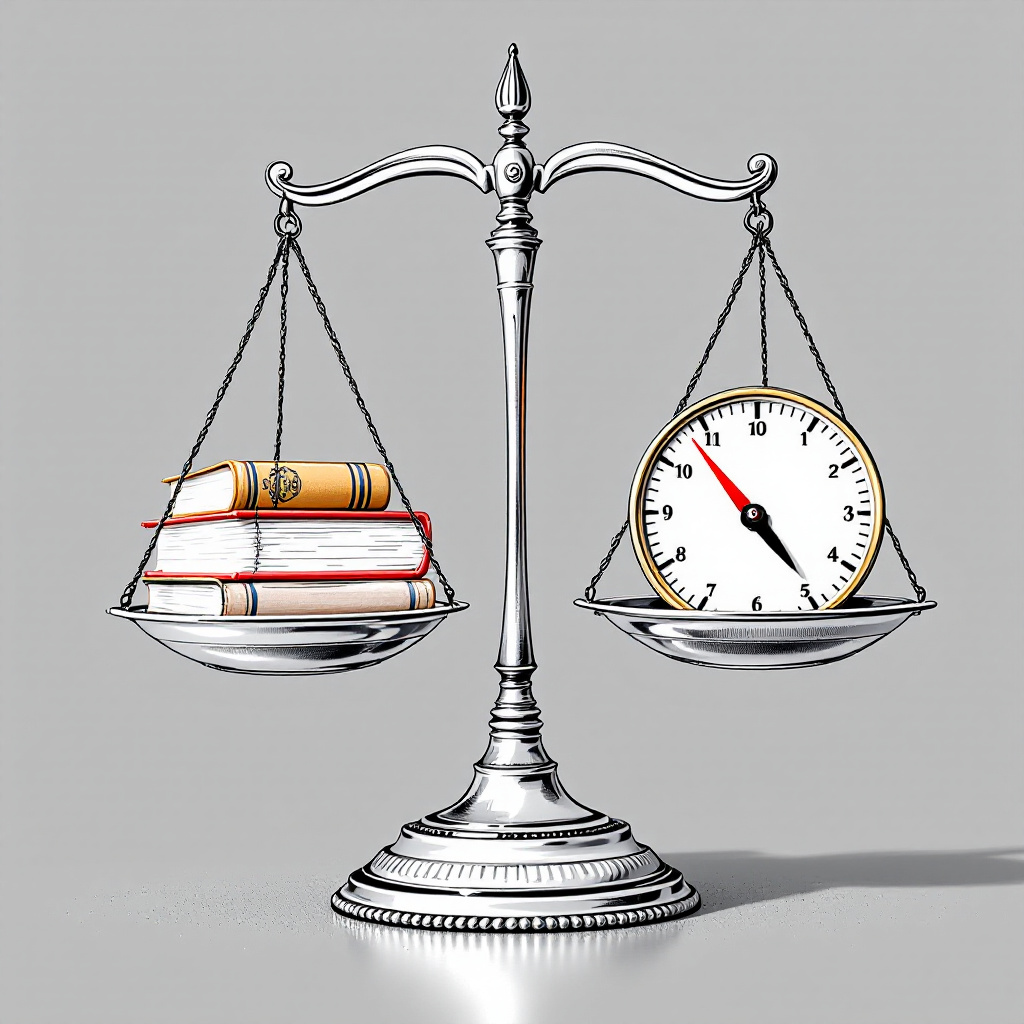The Impact of Student Loans on Credit Scores: Navigating the Tradeoffs
When it comes to financing higher education, student loans often become the knight in shining armor for many aspiring scholars. Yet, as these loans offer a bridge to educational attainment, they also cast a shadow over another financial aspect—your credit score. Hold your horses! Don’t worry just yet. Like any financial decision, student loans come with their own set of pros and cons, usually hinging on how you manage them. In this engaging exploration, we’ll dive into how student loans affect credit scores, with a particular lens on fixed-rate loans, helping you understand and navigate this essential facet of adulting.
Understanding Fixed-Rate Student Loans
Before we leap into how student loans impact your credit score, it’s worth getting a handle on what makes fixed-rate student loans tick. Unlike variable-rate loans that fluctuate with the market, fixed-rate loans lock you into an interest rate that’s, well, fixed for the duration of the loan. Sure, you might pay a smidgen more in terms of interest compared to the lowest-variable-rate in certain economic climates, but the peace of mind from predictable payments has its own charm. Especially over a decade or two, knowing exactly what’s coming out of your pocket each month can be a game-changer in budget planning.

Impact on Credit Scores: The Good, the Bad, and the Ugly
Here’s the tea—not every effect of student loans on your credit score is disastrous. In fact, these loans can be beneficial. Stick around as we unravel the good, the bad, and yes, the utterly ugly truth of how these loans might mess with your credit scoring mojo.
The Bright Side of Student Loans
- Builds Credit History: For young adults starting out, student loans might just be the first significant credit account you establish. A solid credit history spans long, so you’re setting a foundation for future financial ventures like car loans or mortgages.
- Mix of Credit Types: Credit score aficionados often talk about the “credit mix, a crucial component of the FICO score. A diverse portfolio of credit types—think credit cards, auto loans, mortgages, and yes, student loans—can positively impact your score.
- Timely Payments = Positive Score Impact: No surprises here! Making student loan payments on time does wonders for your credit score. It’s like feeding your credit score the nutritional equivalent of organic superfood.
The Dark Cloud of Student Loans
- The Debt Aspect: Alright, Captain Obvious, here’s the no-brainer—student loans positively jack up your debt balance, and that can irk your credit utilization ratio. If it looks like you use a large chunk of available credit, your score might take a hit.
- Unpaid Loans = Financial Fiasco: Here’s the ugly truth. Late payments, delinquencies, or defaulting on your student loans are red flags for credit bureaus, often leading to a nosedive in your credit score.
Managing Your Student Loan’s Effect on Credit Score
Now you’re neither scared stiff nor bebopping with joy? Great, let’s get practical. The key is strategizing like your credit score depends on it—because it kinda does!
Review Your Loans Regularly
Start with keeping tabs on your loans. Know every detail—the interest rate, the due dates, the repayment timeline. Ignorance ain’t bliss. With every piece of information at your fingertips, you’ll be better equipped to manage payments and timings.
Automate Your Payments
Trust us here; autopay is your closest ally. It’s like having a personal financial guardian angel, ensuring no payment falls through the cracks even if life gets hectic. Plus, some lenders offer interest rate discounts if you enroll in an autopay plan. Sweet deal, right?
Consider Refinancing for Better Rates
If you’re playing the long game, refinancing your student loans might make sense. Essentially, it’s taking out a new loan with a potentially lower interest rate to pay off your existing ones. But proceed with caution, and check if refinancing fits your financial landscape without hampering benefits like loan forgiveness.
Prioritize Loan Repayment Goals
Your student loans are not a one-size-fits-all debt situation. Prioritize them based on interest rates, loan terms, or your career plans. Set milestones and celebrate small victories! Paying off a loan is akin to climbing Everest, and each move toward the summit deserves a cheer.
The Long Game: Future Financial Planning
Hold tight, folks. We’re nearing the finish line. Let’s chat about leveraging student loans to set sail toward a brighter financial future.
Plan for the Unexpected
Life can throw curveballs. Maybe a gourmet gourmet avocado toast addiction stretches your budget thin, or an unexpected job shift creeps up. Create an emergency fund. A little financial padding can keep you from defaulting when the unexpected strikes.
Explore Loan Forgiveness Programs
Some careers, especially in public service, might offer loan forgiveness programs. Investigate if your profession qualifies, and leverage these opportunities to lessen the debt burden over time.
In conclusion, while student loans come with a mixed bag of impacts on your credit score, fostering an optimistic perspective through mindful management and strategic planning can transmute the tumult into triumph. So, gear up, stay savvy, and navigate the credit cosmos with confidence. After all, adulting might be hard, but it’s nothing short of an adventure!
FAQs
Does a student loan affect my credit rating?
In a big way, yes. While the loan itself isn’t inherently negative or positive, it plays a significant role in building your credit history. What really matters is how you handle payments. On-time payments can bolster your rating, while missed payments can result in a credit ding.
Are student loans affecting my credit score in 2024?
Definitely. As of the latest protocols set to resume on September 30, 2024, all missed student loan payments will begin to be reported to the major Nationwide Credit Reporting Agencies once again. Keep a sharp eye on payment schedules to avoid any adverse effects.
How badly do student loans affect you?
Student loans can be a double-edged sword. On one hand, they can help you establish a credit history and improve your score with consistent repayments. On the other, if you miss payments, this debt can balloon your debt-to-income ratio, limit your financial freedom (think buying a home or saving for retirement), and notably decrease your credit score.
Can I get a mortgage if I have student loans?
Yes, you can! Lenders look at your debt-to-income ratio and credit score to determine eligibility for a mortgage. If you’re making consistent, on-time student loan payments and have a balanced financial profile, your student loans won’t necessarily prevent you from qualifying for a mortgage.
What happens if I default on my student loans?
Defaulting on student loans can significantly harm your credit score, sparking a downward spiral that affects every financial aspect both present and future. Defaults remain on your credit report for up to seven years. Plus, this can lead to wage garnishment and interception of tax refunds. So, best avoid the default route!

